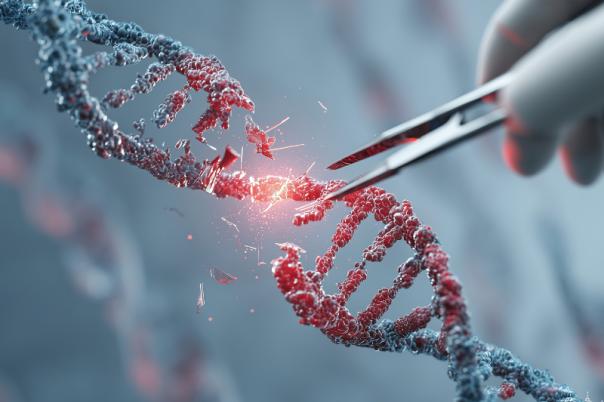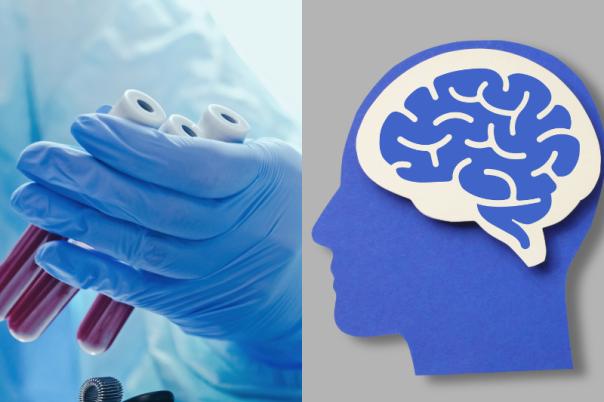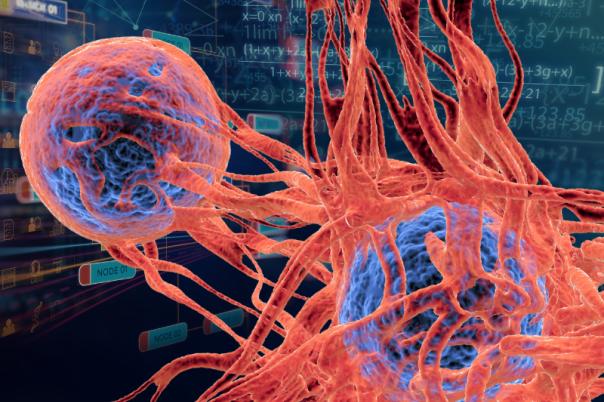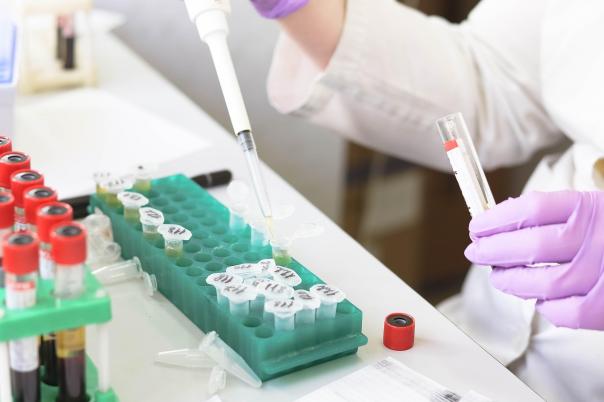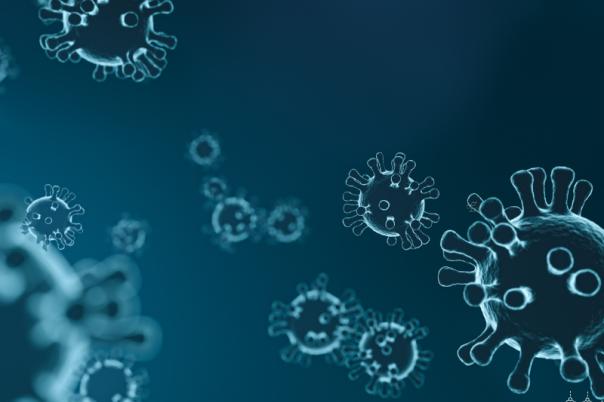Rita Lawlor is co-founder of the ARC-NET Applied Cancer Research Centre. Here she delivered a presentation on the significance of biobanking in cancer research, with a particular focus on pancreas cancer. Lawlor began by discussing the role of biobanks in addressing tumour heterogeneity and enhancing biomarker validation and application in clinical care. Biobanks, she explained, provide organised collections of samples and data, ensuring sample quality and consistency, which are crucial for accurate biomarker validation.
Lawlor highlighted the complexity of pancreas cancer, using a 174 gene panel to characterise 780 cases. This research identified key mutations and peculiar alterations, underscoring the variability within pancreas cancer tumours. She noted that tumour heterogeneity significantly affects biomarker validation, as subgroups of tumours exhibit unique molecular alterations, and the molecular profile of tumours can change following treatment.
To address these challenges, Lawlor discussed the use of xenografting to enrich cancer cells in pancreas tumours, aiding in genetic profiling and drug response evaluation. This method helps identify genetic profiles and stratify cancer subtypes, which is essential for personalised treatment approaches. She also mentioned the Progetto Vita project, which employed tissue microarrays and immunohistochemistry for cost-effective screening of rare mutations before next-generation sequencing. This approach enriched patient populations for more targeted and efficient sequencing, addressing practical challenges in detecting rare mutations for agnostic treatments.
Lawlor emphasised the importance of using correctly collected samples for accurate biomarker validation and therapeutic assay results. She provided examples of how biobanking can improve biomarker application in clinical care, such as identifying prognostic groups and performing targeted next-generation sequencing. By ensuring the quality and consistency of samples, biobanks play a vital role in advancing cancer research and improving patient outcomes.
In conclusion, Lawlor's presentation underscored the critical role of biobanking in cancer research, particularly in addressing tumour heterogeneity and enhancing biomarker validation. Her insights highlighted the potential of biobanks to improve the accuracy and effectiveness of cancer diagnostics and treatments.

